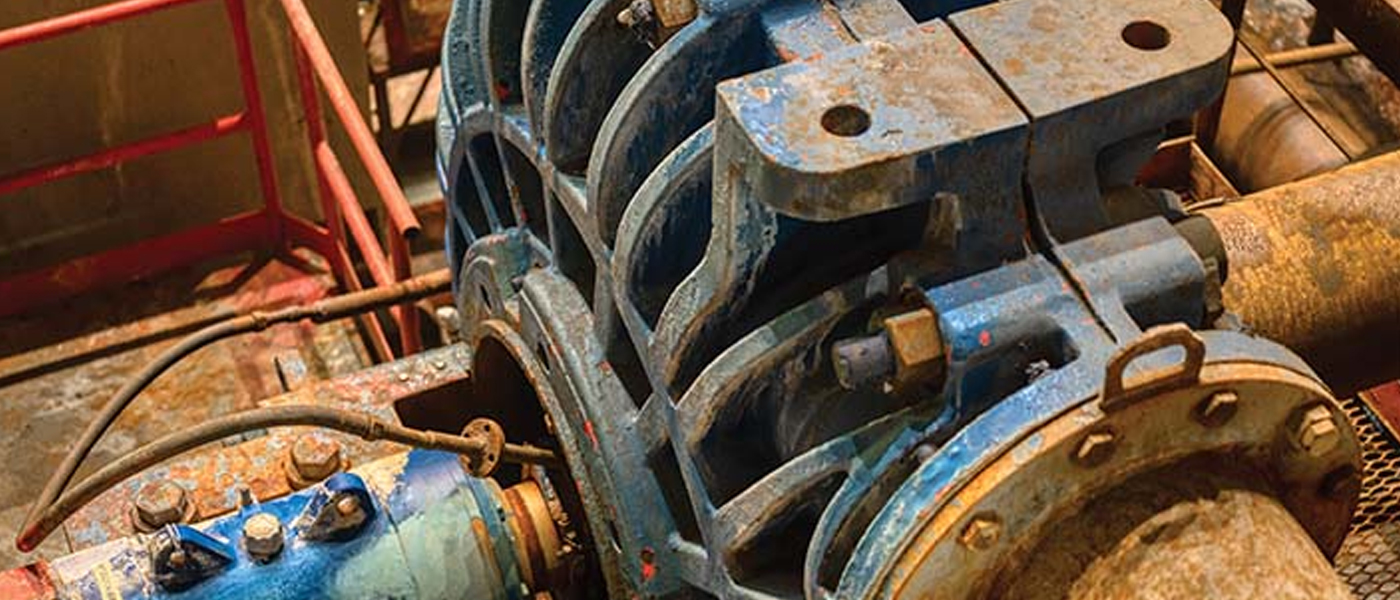1. Ease of Installation and Maintenance
Slurry pumps are essential components in many industrial processes, especially in sectors that manage high-viscosity fluids mixed with solids. Among these, self-priming slurry pumps stand out due to their unique capabilities and advantages. These pumps are designed to handle challenging fluid dynamics efficiently and effectively, making them invaluable in various industrial contexts. Here, we explore the top five advantages of using self-priming slurry pumps in industrial applications.
Self-priming slurry pumps are designed for easy installation and minimal maintenance, reducing downtime and labor costs. Unlike standard pumps that require manual priming or sophisticated suction systems, self-priming pumps are capable of evacuating air from the pump and suction pipe. This feature simplifies the setup as it eliminates the need for additional components like foot valves and vacuum pumps. Additionally, their straightforward design allows for easier access to internal components, facilitating routine maintenance and repairs.
2. Versatility in Handling Different Fluids
One of the standout features of self-priming slurry pumps is their ability to handle a wide range of fluids, including those with high solid content, abrasive particles, and varying viscosities. This versatility makes them ideal for industries such as mining, wastewater treatment, and construction, where the nature of the fluids can vary significantly. Whether the task involves pumping muddy water, thick sludge, or abrasive slurries, these pumps maintain consistent performance without the need for extensive modifications.
3. High Durability and Wear Resistance
Industries that utilize slurry pumps often deal with abrasive and corrosive fluids that can wear down equipment quickly. Self-priming slurry pumps are built to withstand these harsh conditions, featuring robust construction materials like high-chrome alloys, stainless steel, and reinforced rubber linings. These materials enhance the pump’s resistance to wear and corrosion, extending the lifespan of the equipment and reducing the frequency of part replacements.
4. Improved Safety and Environmental Compliance
Self-priming slurry pumps contribute to safer workplace environments and help industries meet stringent environmental regulations. By efficiently handling hazardous and toxic substances, these pumps minimize the risk of leaks and spills that can lead to workplace accidents or environmental contamination. Additionally, the enclosed design and reliable operation prevent emissions of volatile compounds, supporting compliance with environmental standards.
5. Energy Efficiency
Operating in demanding industrial environments often requires equipment that not only performs well but also conserves energy. Self-priming slurry pumps are designed with energy efficiency in mind. Their ability to prime themselves reduces the energy expenditure that would otherwise be needed for manual priming procedures. Furthermore, these pumps are engineered to maintain optimal hydraulic conditions within the system, minimizing energy loss during fluid transport and contributing to lower operational costs.
Conclusion
Self-priming slurry pumps offer a combination of performance, durability, and efficiency, making them an ideal choice for heavy-duty industrial applications. Their design and operational advantages provide significant value in sectors where the handling of complex fluids is a routine challenge. By choosing self-priming slurry pumps, industries can achieve more reliable and cost-effective operations, ensuring both economic benefits and compliance with safety and environmental standards.
